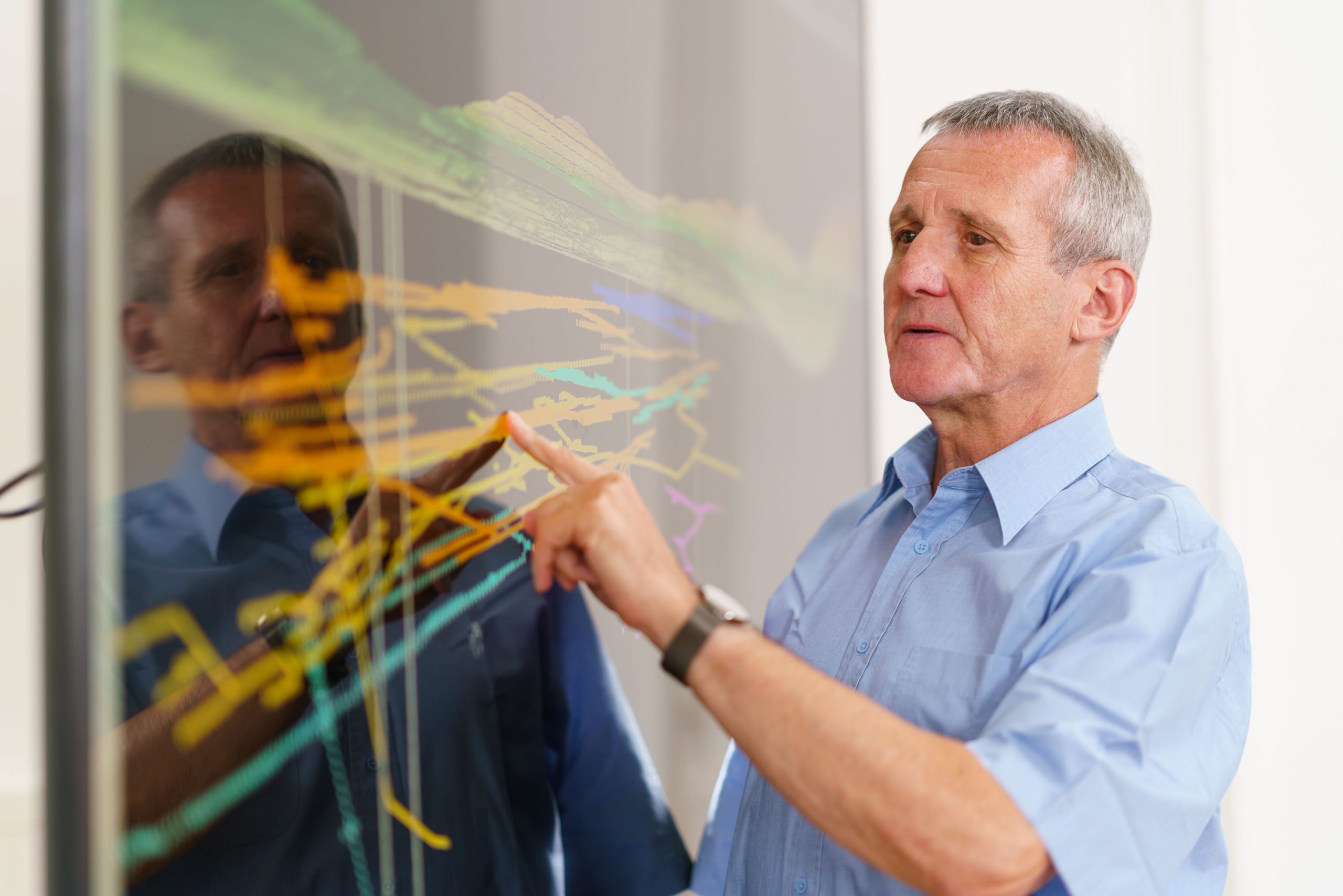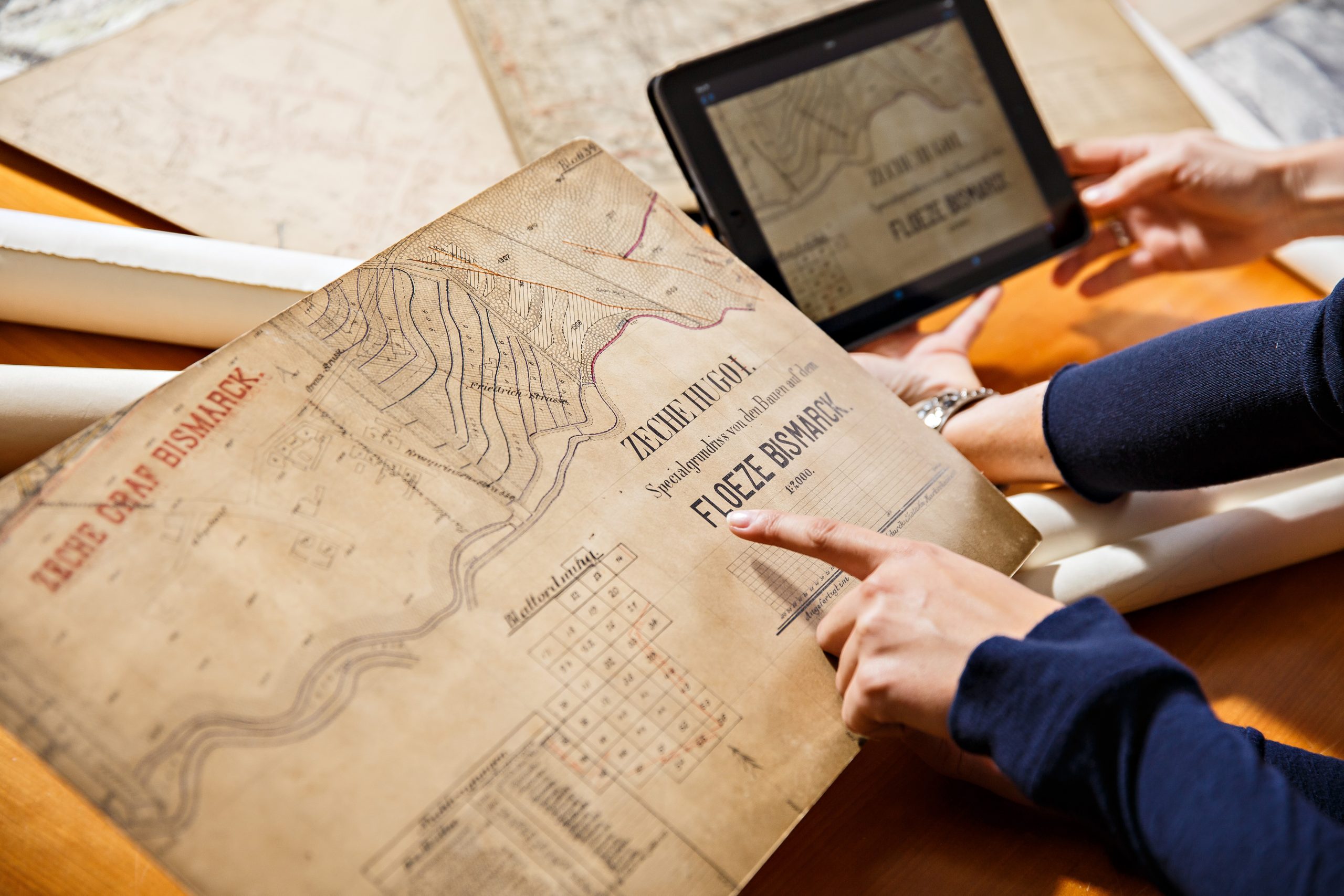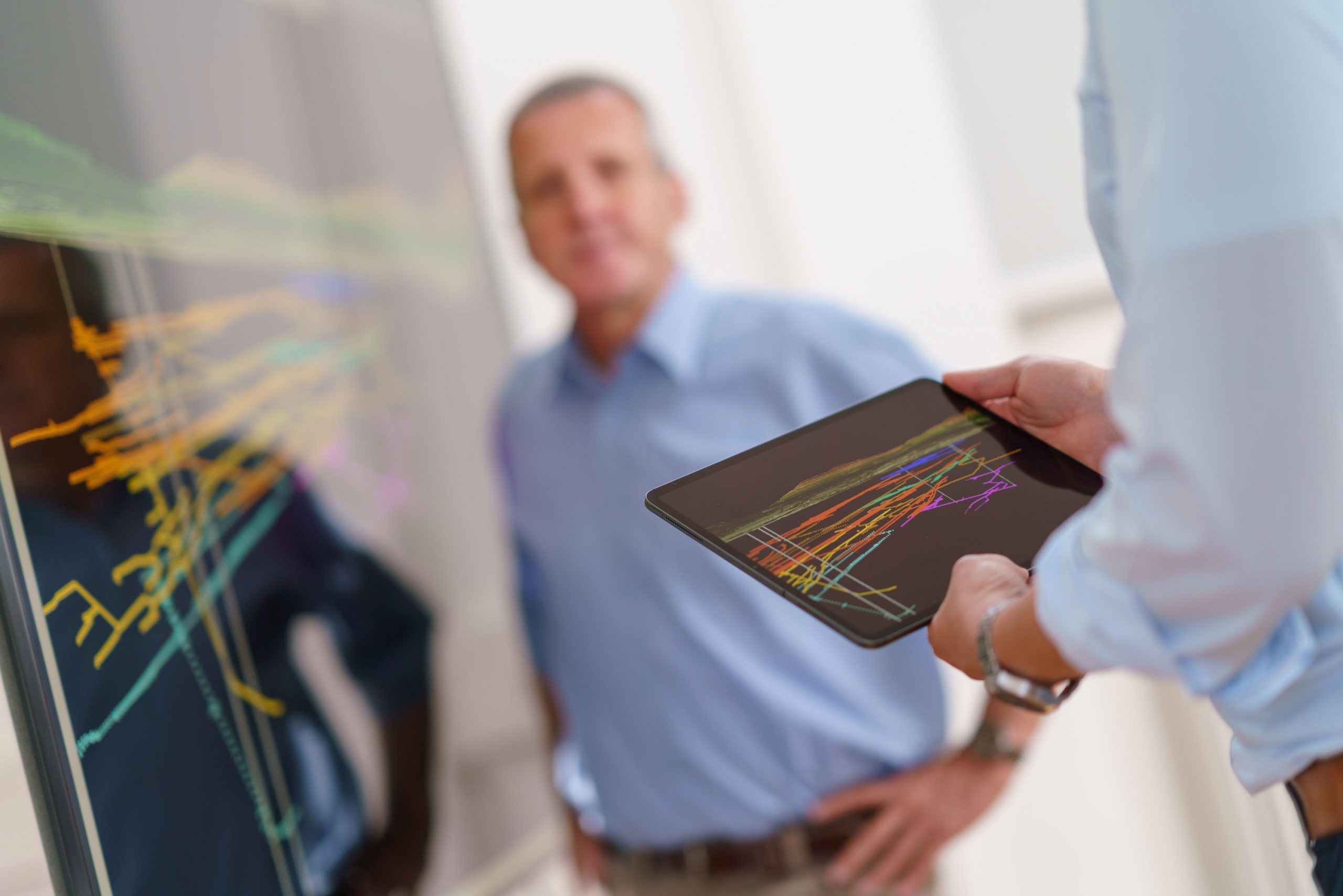Interview with
Prof. Dr.-Ing. Peter Goerke-Mallet from the Research Center of Post-Mining is working with international experts to develop a global standard for the management of mining legacies. He was also elected as chairman of the new DIN mirror-committee.

You are working on a common standard for post-mining in an international committee - what is the role of the research center?
Prof. Dr. Peter Goerke-Mallet: The Research Center of Post-Mining, represented by my colleague Sebastian Westermann and myself, supports the working committee with technical information on the various issues relating to post-mining operations. Our Research Center has considerable technical expertise and covers almost all areas of the post-mining phase – from sustainable water management in former mining regions, geomonitoring, the field of materials science to socio-economic issues. In addition, there is the knowledge and experience of the representatives of the mining authorities in North Rhine-Westphalia, Saarland and Hesse, the representatives of the mining companies RAG AG and K + S, and the engineering offices involved. We want to approach the development of an international standard on “Managing mining legacies” as holistically as possible. The Research Center of Post-Mining is an important organizer and communicator in this committee in addition to the DIN project manager.
What are the greatest challenges worldwide?
Prof. Dr. Peter Goerke-Mallet: The greatest challenges in the management of mining legacies lie in those countries that neither have a robust legal system nor an independent and competent mining authority. So we can observe mining activities that have a considerable negative impact to the affected population and the environment. The consistently high demand for raw materials in the industrialized nations repeatedly results in the exploitation of people and nature. The mining industry often leaves behind problems that massively stand in the way of an orderly perspective for the respective region. Specifically, these can be abandoned open shafts, contaminated mine water, unstable heaps and mud ponds as well as devastated mining areas. Only if these challenges are dealt with in an orderly and systematic manner, there is a chance to create a basis for new developments in former mining regions.

For which areas in post-mining can regulations and common standards be found?
Prof. Dr. Peter Goerke-Mallet: In fact, if you take a closer look, you can see that all areas of post-mining are actually suitable for developing standards for orderly processing. At the beginning there is the comprehensive collection of data that describe the concrete (post-)mining situation. If possible, this data should have a 4D reference, i.e. a space and time reference. The more extensive the available stock, the easier it is to understand and describe the developments and conditions of the respective mining site. The database forms the key to understanding mining activities and forms the indispensable basis for reliable risk-opportunity management. Above all, this includes standardized geo-monitoring, i.e. the continuous monitoring of all processes that are still running at the former mining site.
How do you work together on the committee?
Prof. Dr. Peter Goerke-Mallet: It is an exciting process that makes participating in the creation of a standard - a norm - so incredibly interesting. Experts from different countries around the world come together and work together on a guideline that should help countless decision-makers around the world in their daily work. For me as the chairman of the German working group and its representative on the international committee, constant communication and the creation of transparency are a special task.

What can other countries learn from Germany?
Prof. Dr. Peter Goerke-Mallet: Prof. Dr. Peter Goerke-Mallet: In Germany we have good conditions in every respect: comprehensive mining law, competent mining and environmental authorities, corporate responsibilities regulated by the highest court, which are also assumed by the mining companies, responsible citizens and economically orderly circumstances. With this in mind, it is appropriate to be sensitive and diplomatic. On the other hand, the German experience in technical and organizational handling of post-mining is of considerable value for the international area. We make this expertise available to the standardization committee. The learning process is complex and of course it also relates to our strategy of more comprehensive alignment of the activities of the Research Center at German and European level. The integrative approach of our Research Center allows us to offer holistic solutions for existing and future challenges in post-mining.


